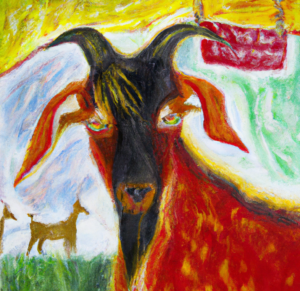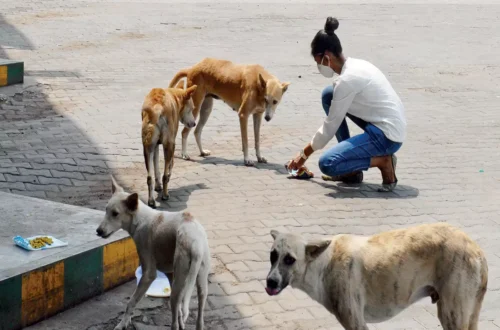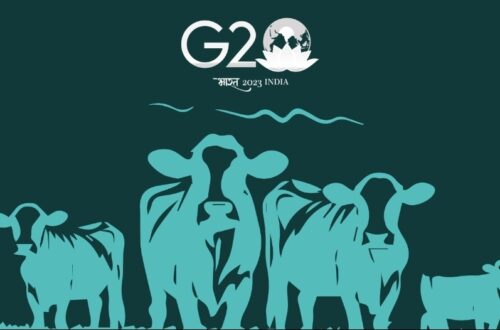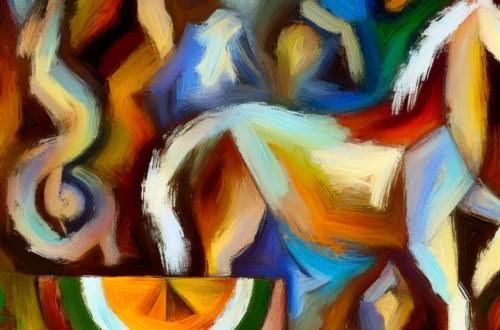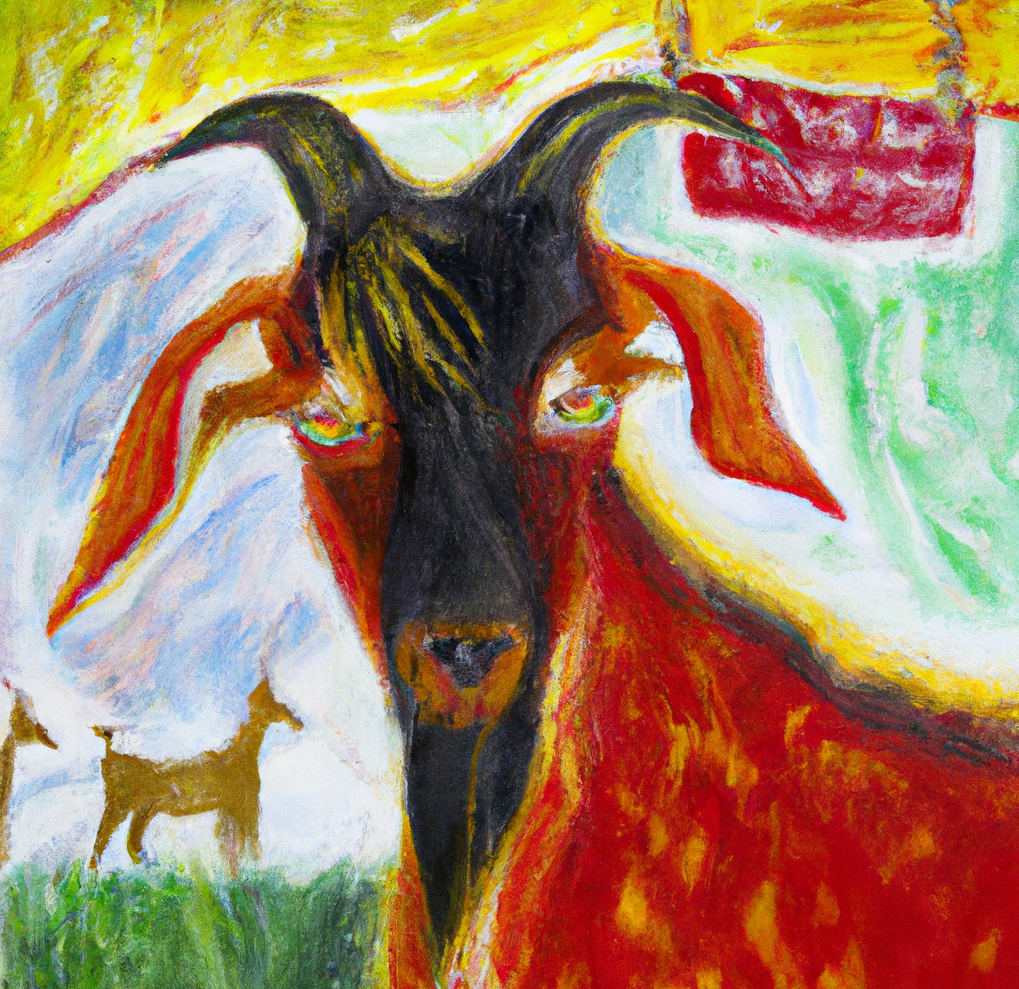
Animal Sacrifice on Eid: A Call to Condemn All Forms of Ritualistic Killing
As the date of Eid al-Adha draws near, the contentious issue of animal sacrifice predictably reemerges as a hot topic in public discourse. This annual recurrence prompts us to reflect on the ethical implications surrounding the ritualistic practice of animal sacrifice. While such reflection is valuable, it is critical to not restrict this conversation to one specific religious observance. In our pursuit of cultivating a society grounded in compassion and justice, we should boldly question and challenge all forms of animal sacrifice, transcending religious demarcations.
The topic of animal sacrifice should not be confined solely to the discourse surrounding Eid al-Adha. This practice possesses deep historical and religious foundations that stretch across a myriad of religious traditions, encompassing Hinduism and Judaism, certain Christian denominations, and myriad indigenous belief systems worldwide. A 2015 study on animal sacrifice in contemporary Hindu rituals estimated that millions of animals are sacrificed each year in India and Nepal alone during festivals like Gadhimai or Navaratri. By channeling the debate onto a single religious community during the period of Eid, we inadvertently run the risk of promoting a skewed narrative. Not only is this unfair, but it also hinders our broader goal of acknowledging the inherent worth of animals and opposing the practice of sacrifice, irrespective of the religious context in which it occurs.
There are pressing concerns regarding the congruence of this practice with our rapidly evolving understanding of animal sentience and rights. Numerous scientific studies, such as those published in the journal “Animal Cognition” in 2012, have affirmed the complex emotional lives and cognitive abilities of animals, heightening the ethical stakes of our treatment towards them. The distress and pain endured by the animals involved in the sacrificial process cannot be overlooked or minimized. While proponents of these practices might argue in favor of tradition and religious liberty, it is vital that these considerations are weighed against the burgeoning global consensus on the imperative of animal welfare and sentience.
In order to effectively address the concerns related to animal sacrifice, it is important to broaden our perspective beyond Eid al-Adha and instigate a comprehensive conversation that poses challenging questions to all religious communities. It becomes our shared responsibility to stimulate critical introspection and potential reevaluation of age-old practices that encompass the ritualistic slaughter of animals. Such an approach facilitates fairness, intellectual sincerity, and respect for all religious traditions while simultaneously advocating for more compassionate and ethical treatment of animals. It is our collective obligation to work towards creating a world where justice and respect for life extend to all beings, transcending the barriers of religion, culture, and tradition.
Indeed, when the conversation around animal sacrifice narrows its focus on a single religion, we inadvertently reduce animals to mere pawns in a larger debate. It is crucial to remember that the core issue at hand involves living, sentient beings who are directly impacted by these rituals. By constraining our focus to one religious event, such as Eid al-Adha, we risk obscuring the broader issue of animal welfare across diverse cultural and religious contexts.
Animals do not have a voice in these debates, and their welfare is often side-lined when religious traditions come under scrutiny. A 2020 survey from Ipsos MORI reveals a rising concern for animal welfare worldwide, yet, this concern is often eclipsed. Their plight becomes secondary to the religious, political, or cultural narratives being espoused. In this way, they become unwilling pawns in a larger societal game where their intrinsic value as sentient beings is overshadowed by ideological disputes.
Moreover, this limited focus can lead to unintended consequences such as heightened cultural tensions and an unfair portrayal of certain religious communities. It can contribute to an unbalanced narrative that unfairly stigmatizes one religious group, thus deflecting attention away from a comprehensive discussion about animal welfare across all traditions. This can, in turn, allow other practices involving animal harm to continue unexamined and unchallenged.
It is therefore vital to recognize the inherent dignity and rights of animals in these discussions. By doing so, we ensure that they are not merely pawns in a broader ideological conflict, but sentient beings deserving of our respect and protection. Rather than focusing on individual religious practices, our efforts should be concentrated on promoting a universal ethos of compassion and respect for all forms of life, irrespective of the religious, cultural, or traditional contexts in which they occur.
A crucial aspect of this dialogue is promoting alternatives to animal sacrifice. Religious communities can embrace rituals that symbolically embody the spirit of sacrifice without the actual taking of animal lives. Making donations to charitable organizations, supporting animal sanctuaries, or undertaking compassionate actions towards all living beings, can serve as potent alternatives that foster a profound spiritual connection. By accentuating the foundational principles of love, empathy, and justice that permeate most religious doctrines, we can uphold the sanctity of life without resorting to acts of violence.
In our collective journey towards justice, let us ensure that the interests of animals remains at the forefront of our concerns, not a side issue in debates about specific religious practices. Only then can we truly claim to be working towards a more just and ethical world, where all sentient beings are accorded the respect and dignity they inherently deserve.


